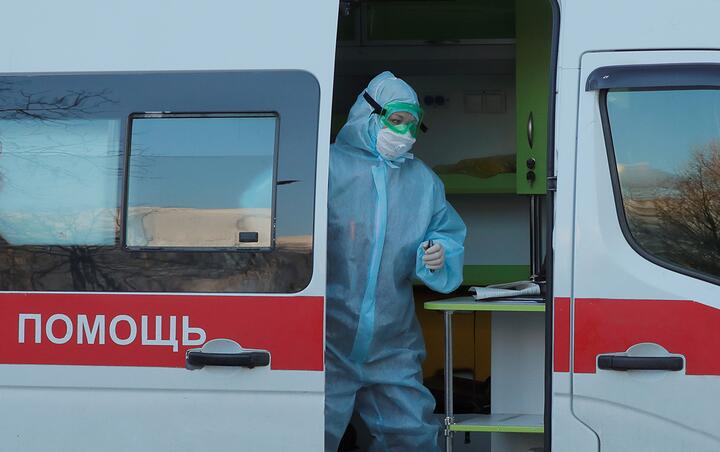A “Cordon sanitaire” may form around Belarus
 The situation got worse
The situation got worse

The actions of the Belarusian regime to destabilise Lithuania through an influx of illegal migrants may lead to the formation of a regional coalition to contain real and hypothetical threats to the security of neighbouring countries.
The migration crisis on the Belarusian-Lithuanian border is expanding to neighbouring countries. The Lithuanian authorities decided not to allow illegal migrants to enter their territory through the green border. Moreover, according to the Belarusian side, the expulsion of illegal immigrants who had previously entered Lithuania to the Belarusian territory has begun. Large groups of illegal immigrants regularly trespass into Polish territory, and there are similar cases on the border with Latvia. In the latter case, the possibility of granting border guards the right to use weapons to prevent illegal migrants from entering Latvian territory has been raised. In Ukraine, it was decided to provide Lithuania with assistance in the form of barbed wire to arrange border barriers. The Baltic States and Poland took a joint position to expand sanctions pressure on the Belarusian regime.
The proactive strategy of Lithuanian diplomacy and the strict actions of the Lithuanian security forces led to an almost complete cessation of the penetration of illegal immigrants into the territory of Lithuania (for the moment). The Iraqi authorities decided to limit passenger flights with Belarus and begin the repatriation of their citizens who had previously arrived in Belarus in the hope of getting into the EU.
So far, the Belarusian regime has not demonstrated readiness to de-escalate the situation. Perhaps illegal immigrants who will not be allowed into Lithuania will also not be allowed back into Belarusian territory. This creates a threat of at least a local humanitarian crisis with a simultaneous increase in the likelihood of armed incidents on the border between the servicemen of Belarus and Lithuania. In addition, the growth of illegal migration towards Poland and Latvia will force the governments of these countries to take response measures no less stringent than the Lithuanian ones.
Further development of the crisis on the border of Belarus with the EU countries will lead to the formation of a regional coalition of these states to counter threats to their security. Ukraine will undoubtedly join this bloc. Moreover, it will not only be about border security or the fight against smuggling excisable goods; such a coalition would also have a military dimension. The Belarusian regime clearly hoped to force the West to negotiate on terms acceptable to itself by provoking a migration crisis. But the result will be that any negotiations with Minsk will be conducted only from a position of strength.
Subscribe to our newsletter




Situation in Belarus
Constitutional referendum: main consequences


 Video
Video
How to count the political prisoners: are the new criteria needed?


 Video
Video
Paternalism In Decline, Belarusian Euroscepticism, And The Influence Of Russia


 Video
Video












